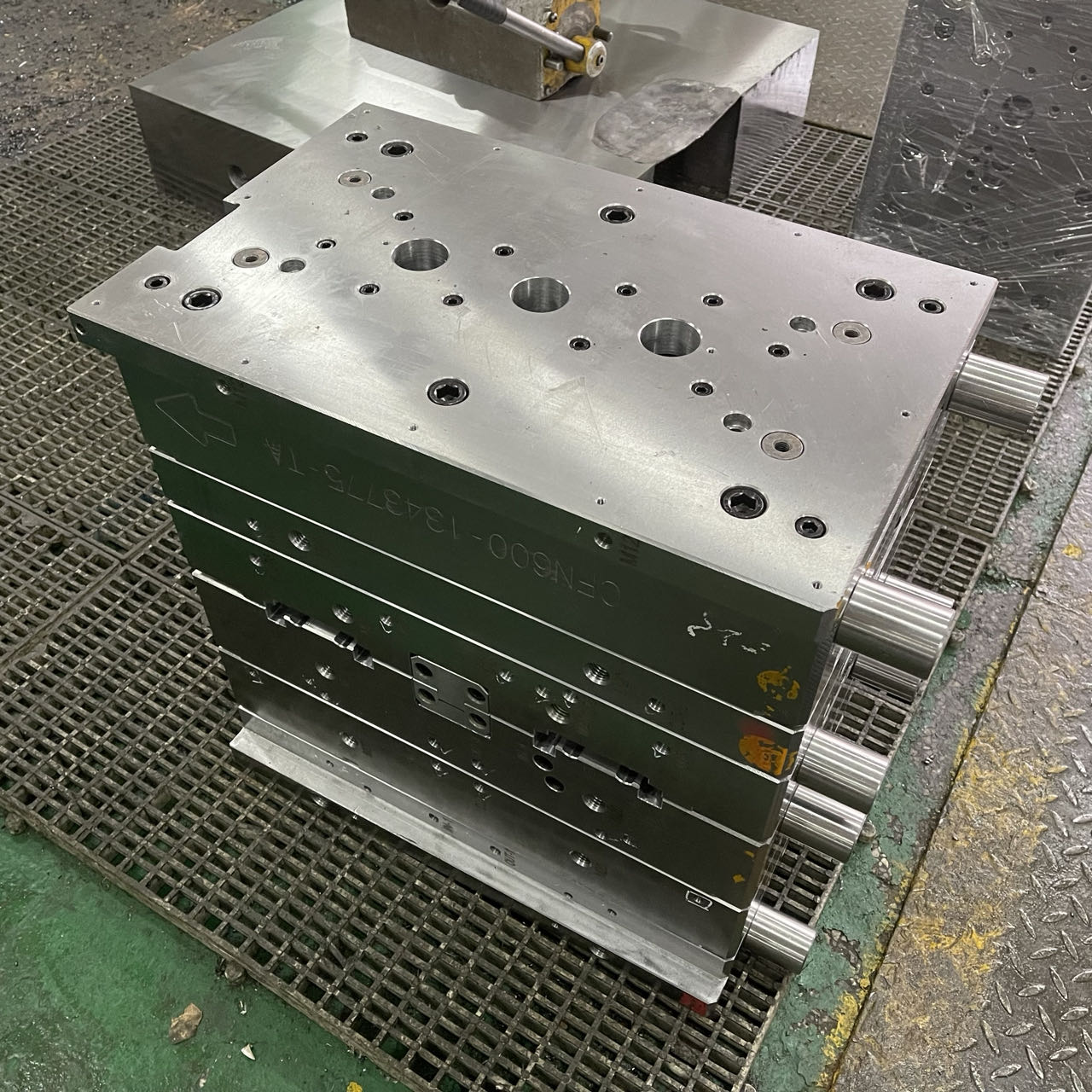Mold steel is a critical material for manufacturers in various industries, especially in the production of molds for plastic, metal, and other materials. Russian manufacturers need to understand the different types of mold steel, their applications, and how to choose the right one for their needs. In this article, we will delve into the essential insights regarding mold steel that every manufacturer in Russia should know.
What is Mold Steel?
Mold steel is a specific type of steel used primarily for manufacturing molds that shape materials under high pressure and temperature. It has unique properties that make it suitable for creating complex forms and structures. Understanding the composition and characteristics of mold steel can help manufacturers improve their production processes and the quality of their products.
Types of Mold Steel
There are several types of mold steel, each designed for specific applications. Here are some common types:
- P20 Steel: This is one of the most popular mold steels. It has good toughness, high tensile strength, and excellent wear resistance, making it ideal for plastic injection molds.
- S7 Steel: Known for its shock resistance, S7 is often used in the manufacturing of high-impact tools and molds. It can withstand high temperatures and is suitable for processes that require toughness.
- H13 Steel: H13 is a hot work tool steel that can handle extreme temperatures. It is best suited for die casting and can maintain its properties under thermal stress.
- D2 Steel: This steel is known for its hardness and wear resistance, making it ideal for molds where precision and durability are essential. It’s commonly used for cold work applications.
Properties of Mold Steel
Understanding the essential properties of mold steel can help manufacturers select the right material for their projects. Here are some key properties:
- Tensile Strength: High tensile strength ensures that the steel can withstand the forces exerted during the molding process.
- Hardness: Increased hardness contributes to the wear resistance of the mold, extending its lifespan and reducing replacement costs.
- Toughness: A tough mold steel can absorb energy without fracturing, which is critical during processes that apply high pressure.
- Heat Resistance: Some applications involve high temperatures. Heat resistance ensures that the performance of the steel does not degrade under extreme conditions.
- Corrosion Resistance: In damp or corrosive environments, having a mold steel that can resist rust and oxidation is crucial for longevity.
Choosing the Right Mold Steel
Choosing the right mold steel is vital for the success of manufacturing operations. Here are some tips on how to make the right choice:
- Assess the Application: Consider the type of product you will be manufacturing. Different applications require different properties. For example, injection molds may require different steel than die casting molds.
- Evaluate Production Conditions: Think about the temperature and pressure conditions the mold will experience during processing. Ensure that the selected mold steel can withstand these conditions.
- Consult with Experts: Working with experienced metallurgists or suppliers who specialize in mold steel can provide insights that help in making informed decisions.
- Consider Costs: While it's important to choose quality materials, balancing cost with performance is key to staying competitive in the market.
Heat Treatment of Mold Steel
Heat treatment is a crucial process that improves the properties of mold steel. It can enhance hardness, toughness, and wear resistance. Here are some common heat treatment methods:
- Annealing: This method helps to reduce hardness and relieve internal stresses, making the steel easier to work with.
- Quenching: This rapid cooling process increases the hardness of the steel but may also make it more brittle.
- Tempering: Following quenching, tempering reduces brittleness and enhances toughness. It’s an essential step to take before using the mold.
Common Applications of Mold Steel
Mold steel is used in various applications across multiple industries. Here are some common uses:
- Injection Molding: This is one of the most prevalent applications, especially in the automotive and consumer goods industries.
- Blow Molding: Used for making hollow plastic products like bottles, mold steel is instrumental in shaping these items.
- Die Casting: In metal casting processes, mold steel is crucial for producing high-quality metal parts.
- Thermoforming: Mold steel is used to shape plastic sheets into products through heating and molding.
Maintenance and Care of Mold Steel
Regular maintenance of mold steel is essential for prolonging its lifespan and performance. Here are some care tips:
- Clean Regularly: Remove residue and contaminants from the mold surface to prevent corrosion.
- Inspect for Damage: Regularly check for signs of wear, rust, or deformation. Addressing these issues early can prevent more severe damage.
- Storage Conditions: Store mold steel in a dry, temperature-controlled environment to prevent corrosion from moisture.
Conclusion
Understanding mold steel is vital for Russian manufacturers looking to enhance their production capabilities. By familiarizing themselves with the types, properties, and applications of mold steel, manufacturers can make more informed decisions that lead to improved product quality and efficiency. Remember to consider factors such as application, production conditions, and maintenance practices. Overall, investing time into understanding mold steel can yield significant benefits, leading to better outcomes and increased competitiveness in the market.

